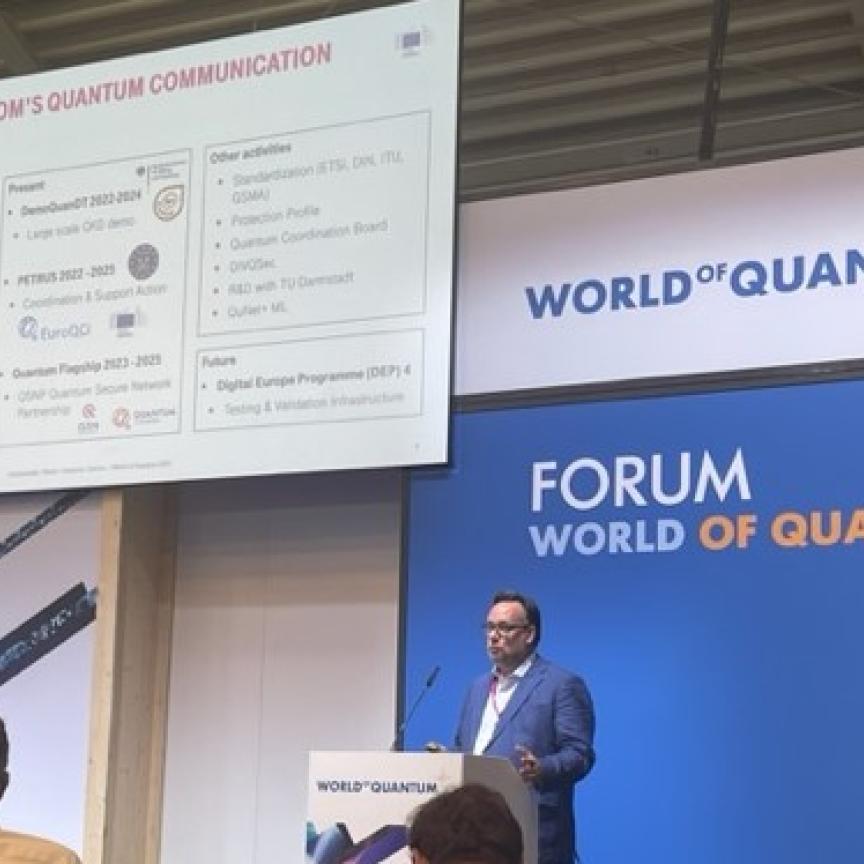Slovak Telekom has announced that it has successfully moved its entire customer base - 678,000 business and residential customers combined - to an IP (Internet Protocol) based network.
The company follows in the footsteps of another Deutsche Telekom subsidiary that has switched to an all-IP network; Makedonski Telekom in Macedonia completed the switch in February 2014. More than 35 per cent of its customer base in Europe is now using all-IP networks, the German operator says.
Deutsche Telekom described the migration in Slovakia to an all-IP network as "an important step forward for the DT Group on its way to establishing a pan-European, all-IP network".
Branimir Maric, chief technology and innovation officer at Slovak Telekom said: “By moving geographically and switching one entire exchange area at a time we realised the maximum benefits of migrating to the IP network, due to the corresponding effect on energy and maintenance cost savings. This concept was something we learned from our colleagues at the DT Group. We also copied the entire end-to-end cross functional migration processes blueprint. This is proof of the advantage of belonging to an international Group like Deutsche Telekom.”
One clear advantage for the subsidiaries of Deutsche Telekom is that each time a national company goes through the IP migration, the knowledge and experience derived from this process is added to a central blueprint that already contains input from experts across the entire DT Group.
During the migration to all-IP more than 800 tons of obsolete technology was removed from Slovak Telekom sites, 51 PSTN local hosts were shut down, complete SDH and ATM networks switched off and in total more than 6,500 network elements were removed from the Slovak Telekom network.
Slovak Telekom expects the move to an all-IP based network will bring increased broadband service coverage, higher comfort and quality of services with more options and network management for business customers. The operator says it is already seeing notable savings on energy, support and maintenance and warehouse costs for spare parts they no longer need to store.
“This is the result of two-and-a-half years of detailed planning and relentless execution,” explained Claudia Nemat, Deutsche Telekom board member for Europe and Technology.

